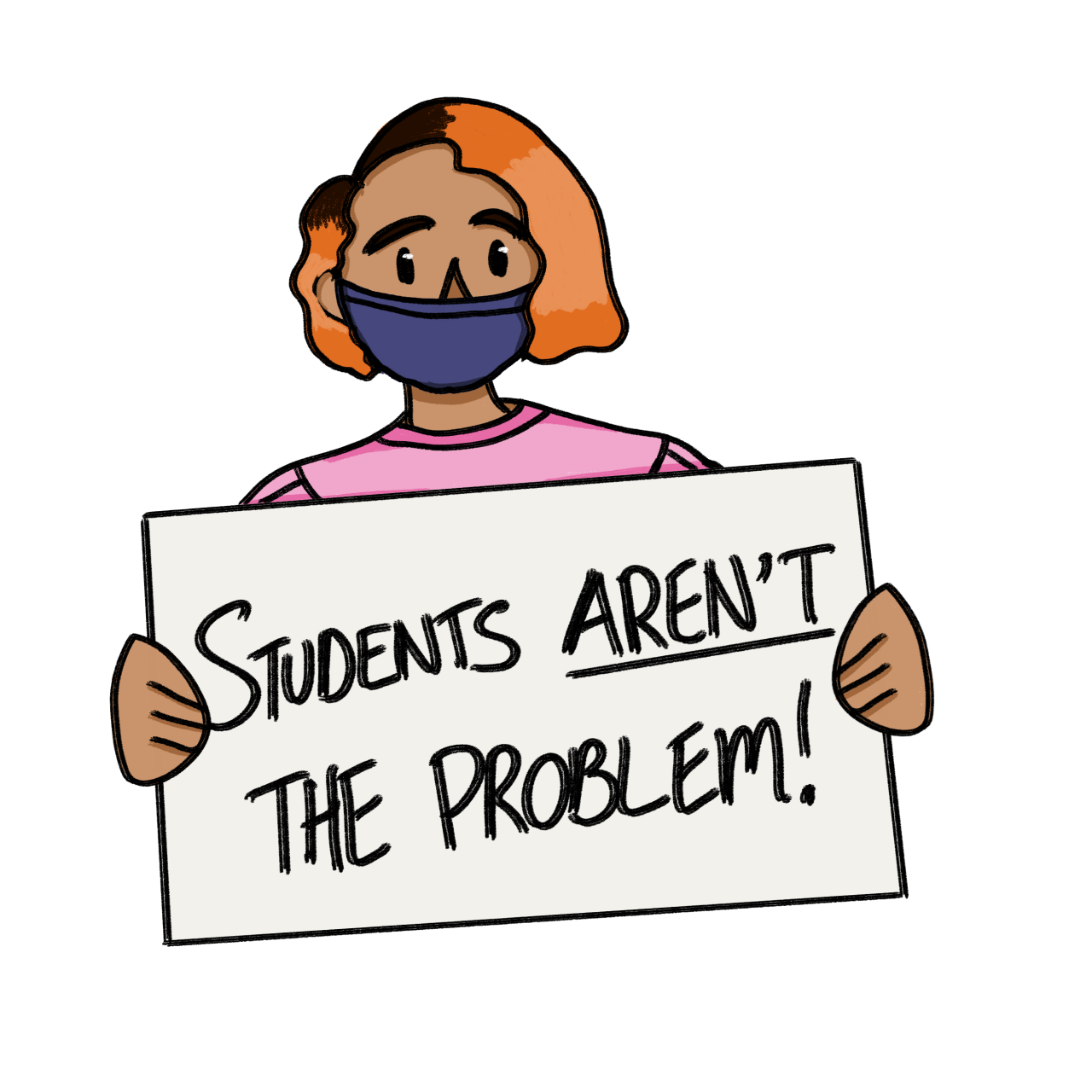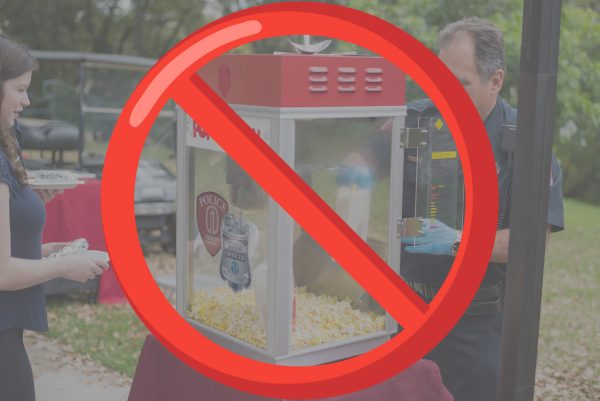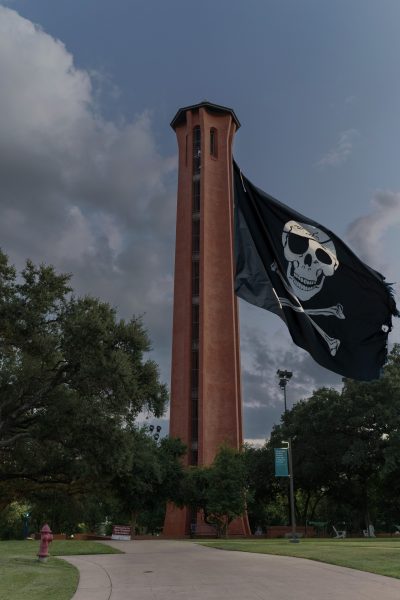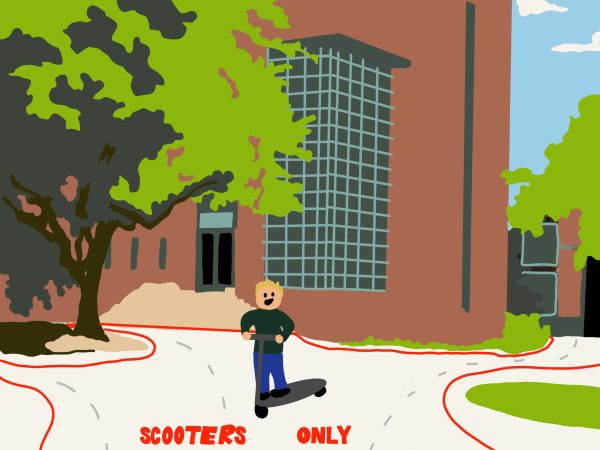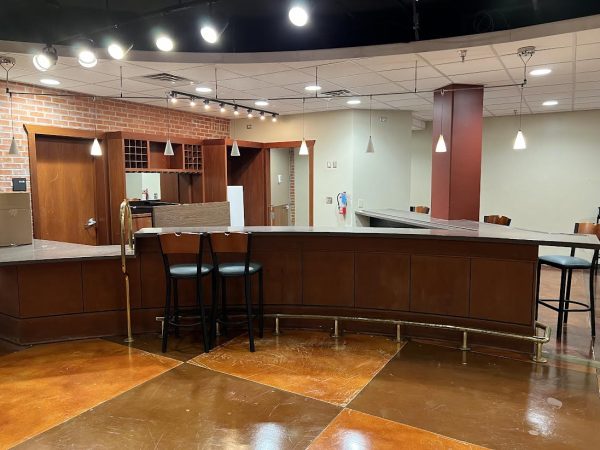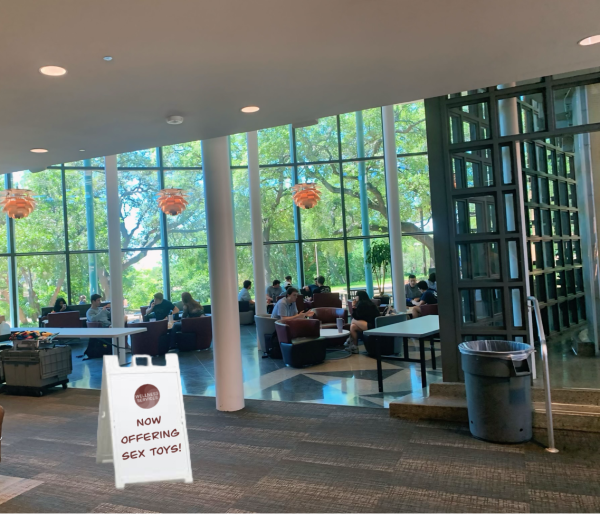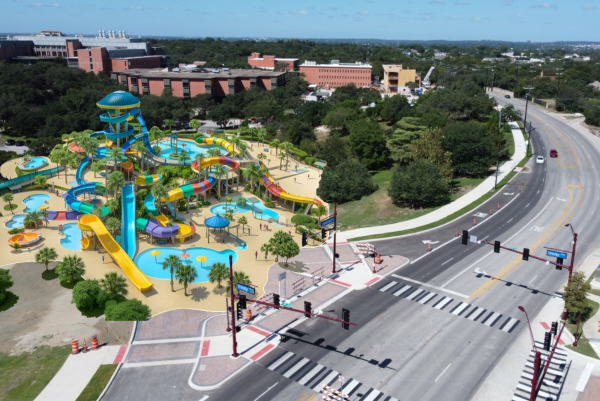Individualist policies are the opposite of wellness
As the fall semester begins, universities across the US have taken drastically different approaches to how their communities will learn this semester — from having all-remote semesters, to a mixture of remote and in-person learning, to opting for an entirely in-person fall. And, as time and various news updates have shown us, things are going … in a variety of different directions. COVID-19 cases have grown exponentially on several campuses, and many schools (including the University of North Carolina at Chapel Hill after more than 177 students tested positive for COVID-19, and the State University of New York, Oneonta after more than 650 students tested positive) have already had to close down after only a few weeks at the most in-person.
While it’s discouraging that students at various colleges have chosen to breach social distancing rules, putting themselves and others in danger (and increasing the transmission rates for the areas surrounding their universities), I feel that the bigger problem is that college administrations — following societal messaging and pressure to open up schools — have decided that 18-year-olds who may have never been away from home for a sustained amount of time are likely to make the right decisions during a time of global crisis, decisions that have been difficult for adults twice their age to make over the last several months. For example, it’s hard to see Northeastern’s recent decision to suspend 11 students for gathering in a single room, and to charge them the full tuition of $36, 543 (while not allowing them to learn remotely for the rest of the semester) as something other than unfairly punitive. If events like this are almost inevitable as the unevenly distributed response to the pandemic continues, then what’s the point behind not starting school remotely from the beginning — as opposed to potentially switching to online classes midway through the year? This problem — expecting individual rationality to make up for systematic problems — isn’t limited to the realm of university policy; it happens every day when we blame groups of people not wearing masks instead of states not closing down bars and restaurants, and taking firmer policies that would have kept people safe. But it seems to be easier when there’s a commonly identifiable scapegoat — young people not taking precautions and having parties! — easier than being skeptical of universities that thought it was a good idea to open, even when we’re less safe than we were in March when schools shut down.
It’s been a few weeks into our fall semester, and I hope that Trinity students will be able to stay on campus and connect with each other in new and socially-distanced ways. There are things that I miss about being able to live on campus, apart from the friends I’ve somehow made over the last three years; I miss the magic stones in front of the library, being able to sit in the chairs across from Storch, and finding a Trinicat meowing around my feet as I walked to Einstein’s Bagel’s. Regardless, things feel different — my friend and I were driving past Trinity’s campus about a month ago (I was returning my three-month-old library books) and they remarked that we felt more like alumni than current students; the buildings were still there, but the atmosphere had changed. I hope that the class of 2024 stays safe and makes decisions that benefit their community (and the city that they live in). but more importantly I hope this column reassures them that this “personal responsibility” discourse should have never been their responsibility in the first place. You’re in a situation that you arguably should not be in, caused by circumstances decidedly out of your control, and you are probably — no, definitely — doing your best.

